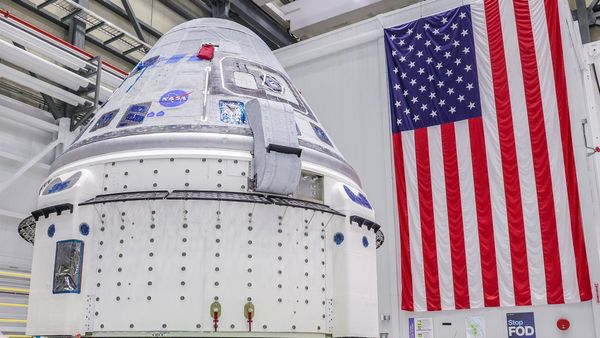
The seventh meeting of the federal policy think tank’s governing council meeting occurred amid a row between Telangana chief minister K. Chandrasekhar Rao, who boycotted the meeting, and NITI Aayog. Rao alleged last week that “states are not included as equal partners in the national development agenda," an incident that NITI Aayog described as “unfortunate."
At Sunday’s meeting, states’ resource requirements came up for discussion. However, NITI Aayog vice-chairperson Suman Bery said at a briefing that the demand from states was for timely release of funds rather than asking for more. NITI Aayog’s chief executive officer Parameswaran Iyer said there was a general discussion on resources, and all states stuck to the agenda—self-sufficiency in edible oils, crop diversification, urban governance and education.
In a statement after the meeting, Kerala chief minister Pinarayi Vijayan demanded that legislation on subjects in the Concurrent List of the Constitution should be initiated after adequate consultation with states, and the Centre should desist from legislating on items in the State List. He also pointed out that the Centre’s share of assistance under Pradhan Mantri Awas Yojana Urban and Rural needs to be revised, considering the increase in the cost of construction materials. Vijayan also demanded a review of the GST on essential items and requested the continuation of GST compensation to states for five years.
Odisha chief minister Naveen Patnaik urged the Centre to give Odisha special focus and funds for disaster proofing as the state is impacted almost every year by natural disasters, news agency ANI reported.
The centre and states also discussed ways to cut import dependence on edible oils and diversify crops amid acute water stress in parts of the country.
Prime Minister Narendra Modi, who chaired the meeting of the NITI Aayog’s governing council, said India is importing edible oil worth ₹1 trillion, or nearly half of its country’s total demand annually. Modi stressed the need for agriculture diversification and the need for self-sufficiency in edible oils, according to Ramesh Chand, member, agriculture at NITI Aayog.
States sought effective minimum support price (MSP) for pulses and edible oil to boost crop production, Chand said. States also shared information about incentives they plan to offer farmers to shift their crop patterns.
“Overall impression was that states are already working on both crop diversification and achieving self-sufficiency. Mainly the demand which came was that MSP in the case of pulses and edible oils need to be made more effective," he said.
On pulses, Chand said that production of pulses in the country improved substantially in the past five to six years.
“We are exporting some pulses, and we are importing some pulses. In the case of pulses, we are now deficit only in masoor and to some extent in arhar. In the other kind of pulses, we are very close to self-sufficiency," he said, adding that in the case of pulses, India’s import dependence is less than 7-8%.
The discussion on crop diversification is significant given that there is severe water stress in some states. In 2019, Modi launched a scheme to conserve groundwater in seven states facing acute water shortages and urged farmers to opt for less water-intensive crops, moving away from crops like sugarcane.
The Atal Jal Yojana seeks to benefit Maharashtra, Haryana, Karnataka, Rajasthan, Madhya Pradesh, Uttar Pradesh and Gujarat, where the groundwater situation is very worrisome.
The topics discussed during the governing council meeting were crop diversification and achieving self-sufficiency in pulses, oilseeds and other agri-commodities, implementation of the National Education Policy (NEP) in school and higher education and urban governance.
A statement from NITI Aayog said that during the meeting, the prime minister highlighted the importance of the subjects in the agenda, especially the need for India to focus on modernized agriculture, animal husbandry, and food processing to become self-sufficient and a global leader in the agriculture sector.
Modi said rapid urbanization could become India’s strength instead of weakness by leveraging technology to ensure ease of living, transparent service delivery, and improvement in the quality of life for every citizen of urban India.







